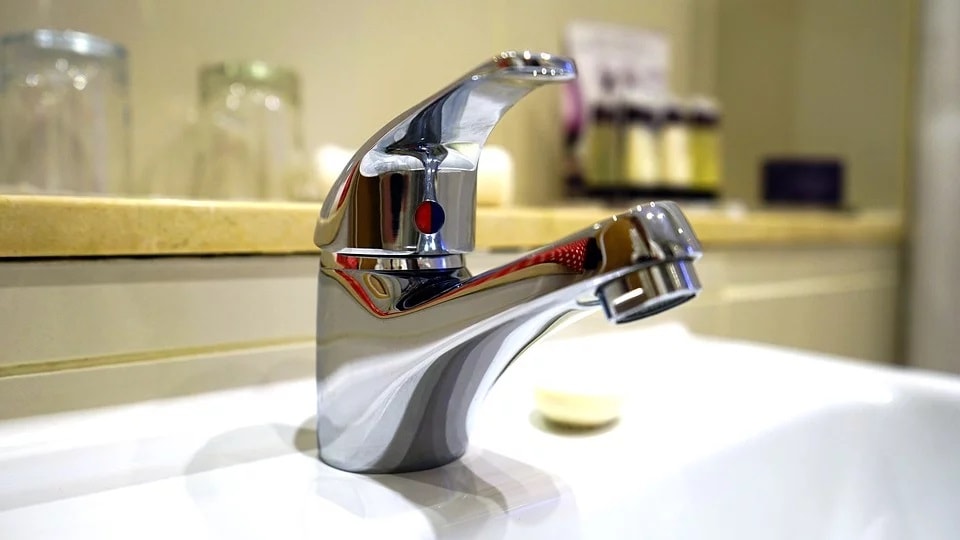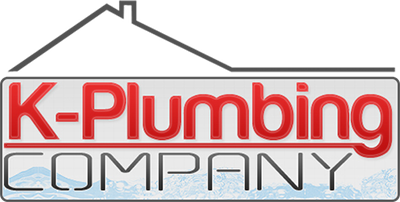Plumbing is one of the more challenging systems to understand when it comes to commercial properties. Pipes are running back and forth, delivering needed water and taking it away. But how can one plumber distinguish what’s going on, if he or she wasn’t the one that installed everything at the very beginning? Does a DIYer stand a chance at working on this complex system, or are they SOL?
Commercial Building Plumbing Codes
In 1933, the plumbing industry saw the standardization of ‘how to install’ plumbing systems and a modern code for protecting the health and safety of those using the system. The National Standard Plumbing Code contains common materials, fixtures, devices, and standard equipment systems used in plumbing systems. From year to year, there aren’t many changes, but from 1933 to now, it has made significant leaps and is the code by which all plumbers are to operate. Today’s plumbers are most often guided by the International Plumbing Code, published by the International Code Council.
The ICC has building codes for all commercial and residential structures. It also contains the compliance process to ensure long-lasting plumbing and durability over the years. There are a total of 15 integrated model codes that are geographically-specific. Some of these include the following:
The IPC – The International Plumbing Code
The guide that governs most of what plumbers do is found in the IPC. Whether you are a commercial plumber or residential, all the codes needed for installation, repair, or during a remodel can be found here. These can also include:
- Backflow prevention
- Water supply or distributions
- Fixtures and fittings
- Sanitary drainage
- Venting
- Water heaters/boilers
- Storm Drainage
The IBC – The International Building Code
These codes regulate the health and safety codes for buildings. It is widely used not just in the US but in many other countries too. Not only does the law make health and safety a primary factor, but it is also aimed at avoiding unnecessary costs for materials and construction installs. These can include plumbing codes as well as new construction restrictions.
The IRC – The International Residential Code
This is the comprehensive guide for codes pertaining to residential buildings. It establishes the minimums to while all dwellings under three stories should adhere to—it includes all home construction features, not just plumbing.
The IgCC – International Green Construction Code
As the name suggests, this deals with the design and construction of properties to maintain a ‘Green’ standard. It also handles issues, including using sustainable, high-performance materials to make a building more efficient.
What’s The Difference Between Commercial Plumbing Services & Residential?
Like plumbing for homes, many of the services you will find in a commercial building will be similar. There are some slight variants. However, that should be noted, which is what makes it vital to hire a commercial plumbing contractor versus a residential. It is also the reason you should look for plumbers in Pittsburgh PA that have a background in business services.
The scope of work isn’t just limited to what type of jobs the plumber they do but their availability. When a plumbing company says they offer ‘commercial plumbing services,’ this should mean they are available 24-hours a day, seven days a week. Businesses can’t shut down, nor can they afford to be out of operation for any extended length of time. Plumbing companies can adjust their schedule to meet the needs of their customers, but no plumbing issue occurs in a designated time frame.
The significant differences for a commercial plumber are that they will work on lift stations, large boilers, and site sewer lines. Most commercial plumbers remark that the jobs they perform are more repetitive than residential because the equipment doesn’t vary as much.
Examples of Commercial Plumbing & Heating Codes

It can be quite confusing, for those that aren’t plumbers, to understand commercial plumbing codes. Thanks to standardizing the system, it has made it much easier to address all the standard installation situations that can occur. Take a look at the most common commercial plumbing codes your 24 hr Pittsburgh plumbing company will have to adhere to.
-
Bathroom Venting
It is a must that all bathrooms are outfitted with the proper venting. This is true for both residential and commercial properties. The typical system is equipping the restroom with an exhaust fan that will be connected to a tube that carries the air outside. Venting systems should not end in the attic, as this is against code and can cause moisture issues allowing mold and mildew to form.
-
Proper Drain Slopes
For every commercial fixture installed, an appropriate drain slope needs to be used. Why? Gravity assists with water traveling through the pipe. If a pipe were to be installed without a proper slope, water would back up in the tube. The standard slope is ⅛” per foot pitch for any pipe 3 inches or larger.
-
Proper Space Around Toilets
There has to be sufficient space between the toilet and a finished wall, as well as other fixtures like the sink. The way this is measured is the centerline of the bathroom needs to be 15” away. For new installations, the calculations can be somewhat tricky, however, taking into consideration most drywall is roughly ½” thick, subtract that amount for the installation.
-
Follow Fixtures Manufacturers’ Instructions
When installing any fixture, including sinks, faucets, showerheads, tubs, and toilets, provided instructions from the manufacturer should be followed. Failure to follow these instructions could cause part failure or failure during a permit inspection.
Conclusion
As you can see, commercial plumbers have tons of restrictions, compliancy, and codes they must follow. These commercial plumbing codes are put in place to ensure not only the health and safety of the occupants of a structure but also that those fixtures and plumbing systems install will last. Certain features like how far away a toilet is placed from the wall and making sure an exhaust fan is appropriately installed are only two of the codes the commercial plumber must follow.


